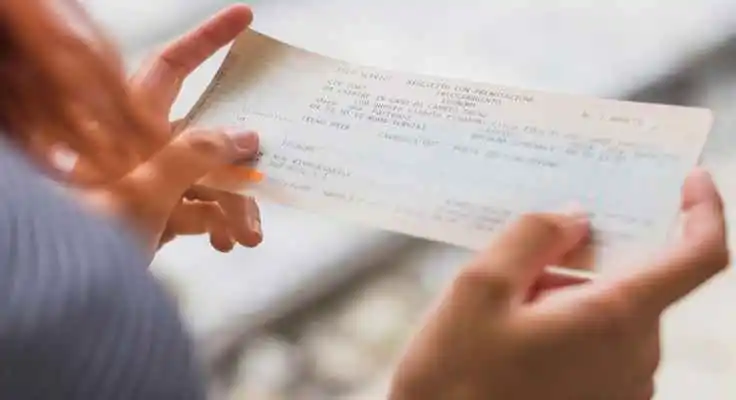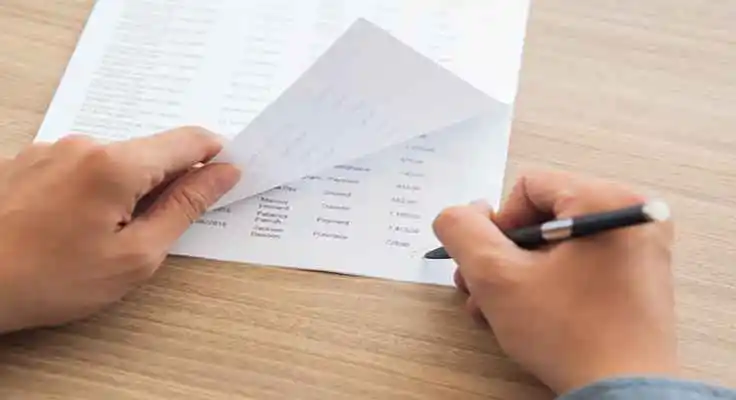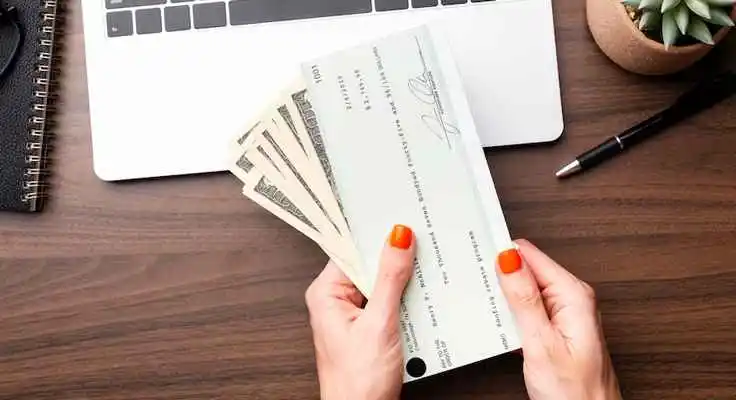
Looking for the Best Cheque Bounce Lawyer Delhi? Get the best legal consultation with an experienced and top Cheque Bounce Lawyer Delhi. With having 13+ years of experience in the field of bank or Cheque Bounce cases.
The cheque is a document which orders the respective bank to pay the mentioned amount to a person or an organization whom it has been issued. It holds the monetary value of the amount written over it. The necessary details a cheque contain are; the name of the payee, date, amount and the signature of the account holder, but any mistake while filling a cheque can prevent the bank to take it into consideration thus announcing it “Bounced”. Likewise, a “bounced cheque” is basically the cheque which is denied by the bank to pay. Any defect in the cheque or insufficient balance in the account can lead the bank to refuse the payment to the payee.
FYI, in the current Indian Law, a bounced cheque is a criminal offense.
Cheque bounce is a criminal offense which can cause either the imprisonment of 2 years, cash-penalty, or both. Consulting your cheque bounce case with Delhi lawyers is advisable before performing any legal proceedings. The major two cases of cheque-dishonor are as follow:

The amended Negotiable Instrument Bill passed in 2018 states that the dishonor of cheque belongs to Section 138 cheque bounce act and considered as a criminal offense. The section 138 states that the drawer of the dishonored cheque is bound to pay the double amount as the compensation or serve the two years of imprisonment. Both physical and monetary punishments can be given in severe cases.

It will be considered as a dishonor of the cheque and a criminal offense if the payee takes the proper actions as per the guidelines given below, but the drawer fails to pay the amount:
If the cheque you received is bounced, write the letters to the person who has given you the cheque. The letter can include a threat to begin the legal proceedings, if the amount is not paid within the specified time, under the Negotiable Instrument Act (NI Act) cheque bounce charges.
The threatening letter often leads to a settlement, in the case where the drawer is an individual, the case will be filed under Section 138 cheque bounce of the Negotiable Instrument Act and if the drawer is a company or managing director the proceedings will take place under Section 141. The notice of demand/settlement should be sent under 30 days from the date when the issued cheque was announced as bounced. The main aim of the letter is to warn the drawer to pay the due amount, else prepare for the legal actions. Cheque Bounce Lawyers helps you format the legal notice in a proper manner.
Make sure to state the below-given points in the letter:
The Delhi lawyer’s team helps you send the properly crafted notice which can make the solid impact on the recipient. Also, the lawyer’s team suggests you the best ways for bounced check recovery in the least possible time.
A cheque-bounce case includes three parties namely Drawer, Payee and the Bank. The person who is paying the amount is known as a drawer, and the person whom the cheque is presented is “payee’ and the associated bank who is directed to pay the cheque in cash is called “Drawee” or “Drawee bank”. The bounced-cheque can be stated as both civil and criminal offense

As being a civil liability, the guilty is bound to pay twice of the amount mentioned on the cheque. If the court considers dishonor of the cheque as a criminal offense, the two-year imprisonment, fine as twice the amount, or both can be charged as cheque bounce legal action. Furthermore, as per RBI guidelines, the bank can stop issuing the cheque-book in the case of dishonor of cheque.
A bounced cheque can hamper the credit history of the drawer. Because of being a criminal offense, the cheque-bounce can cause a severe effect to your CIBIL score. The low CIBIL can lead to loan-denial in future.
The best way to keep CIBIL healthy is to make sure that you always have an adequate balance in the account before offering the cheque.
It is advisable to consult your case with cheque bounce lawyers in Delhi and get the recover our dues in the easiest manner. The lawyers help you to settle the case if possible or guide you through the required legal proceedings.
Yes, it is possible to register your marriage online. This is readily available in smart cities like Delhi. Married individuals can apply online on the official website of the respective state where the wedding ceremony was solemnized or in the state where either of the spouses has been residing for the last six months or more. Or, they can request Delhi Lawyers to carry out the registration process.
For executing the procedures of court marriage, the presence of a marriage witness is crucial. Whereas, in the case of the registration of marriage presence of a marriage witness may not be required sometimes. It is because court marriage is an official procedure that occurs in front of the judge without marriage ceremonies. On the other hand, marriage registration is quite a simplified process.
Marriage witnesses can be either the parents of the spouse, or maid of honor, the best man, or any of the friends the couple decides to nominate. They should be physically present while signing the marriage license & they must sign it. Additionally, in some states, the marriage witness must be over 18 years of age.
Yes, in case of court marriage, it is possible to receive the certificate of marriage on the same day. Else, it takes up to 30 days as the certificate of marriage is released by SDM’s office.
Yes, such couples can request to the registrar’s office of the city where their marriage registration took place. Some states offer online or mail options to receive the marriage certificate for the requesting couples.
It is necessary to match the details on the marriage certificate that must correspond to the original paperwork. The couple should confirm the details and review it before signing it officially to make it free from omissions and errors.
In case corrections are required, the couple needs to send an application to the registrar’s office where the marriage was originally registered. In addition to this, the process of getting corrections done does vary as per the jurisdiction.
Registering a marriage without a ceremony is impossible. Such type of marriage registration is considered null or void. Although there is no legal obligation for the specification of vows, the legislation must include ceremonies for registering a marriage.
If the marriage is normally registered under The Hindu Marriage Act 1955, it normally takes 30 days to receive a certificate of marriage in India. On the other hand, the time duration may increase if the marriage is registered under The Special Marriage Act, which is up to 60 days.

It is a long established fact that a reader will be distracted by the readable content of a page when looking at its layout.